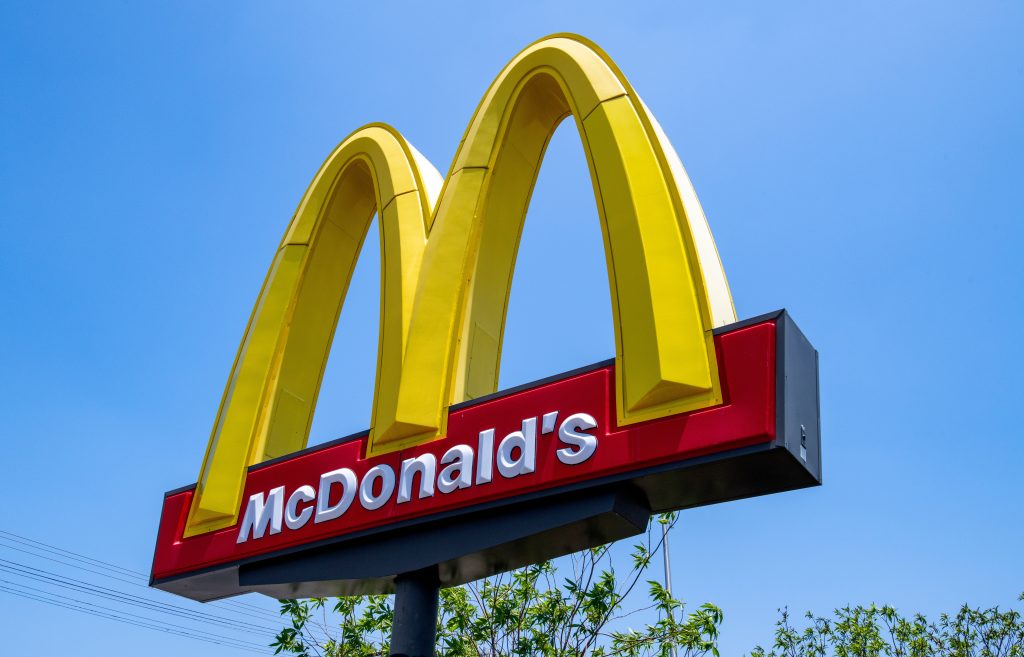McDonald’s has announced a bold initiative to launch over 200 new restaurants in the UK and Ireland over the next four years, supported by a £1 billion investment. This expansion is designed to significantly enhance the fast-food chain’s presence in these regions, increasing its total locations to approximately 1,700.
The upcoming restaurants will include innovative formats, such as “drive to” locations that consist of a car park and a limited seating area, foregoing traditional drive-throughs. Additionally, McDonald’s will explore other smaller formats, aiming to diversify its offerings in response to changing consumer habits.
Amidst changing market dynamics, retail experts suggest that this growth strategy reflects McDonald’s commitment to stabilising operations in more resilient markets, especially as recent boycotts related to the Israel-Gaza conflict have adversely affected sales. Alistair Macrow, the head of McDonald’s UK and Ireland, highlighted that these plans demonstrate their dedication to both expansion and job creation in the region, projecting the creation of over 24,000 new jobs through this initiative.
The company is also placing a renewed emphasis on High Street locations, which have become more accessible due to decreased rental prices following a series of restaurant closures in the aftermath of the pandemic. Jonathan DeMello, a retail real estate expert, noted that a significant amount of restaurant space has re-entered the market, creating new opportunities for established brands such as McDonald’s.
Target markets may include retail parks outside London and various towns in the South East, despite rising rents in those areas. This targeted approach represents a strategic alignment with the current economic landscape, taking advantage of lower rents and a potential recovery from economic challenges.
Currently, consumers are showing a growing appetite for fast food, even amidst an ongoing cost of living crisis. Recent data indicates a significant rise in fast-food promotions, with offers increasing by a third compared to the previous year. This surge is part of a broader strategy to attract cost-conscious customers, a move that has not been without criticism from health advocates.
Danni Hewson, head of financial analysis at AJ Bell, asserted that enticing customers back into stores remains a top priority for McDonald’s. The expansion efforts coincide with an unusual market condition where new store openings could appear counterproductive during periods of declining sales. Nonetheless, Hewson emphasised that if McDonald’s can optimise its offerings and strategically position its outlets in high-traffic areas, it could pave the way for substantial growth.
While this focus on the UK and Ireland appears grounded in market stability, McDonald’s has navigated significant challenges recently. The company exited the Russian market in response to geopolitical tensions, and sales have been impacted by international boycotts linked to the company’s perceived stance during conflicts in the Middle East.
Moreover, McDonald’s has faced scrutiny due to allegations of workplace misconduct brought to light by a BBC investigation. Reports of a toxic work culture, particularly involving young female employees, prompted the company to launch an internal inquiry aimed at addressing and rectifying these serious issues. McDonald’s has reaffirmed its commitment to upholding high standards and ensuring a safe work environment for all employees.


